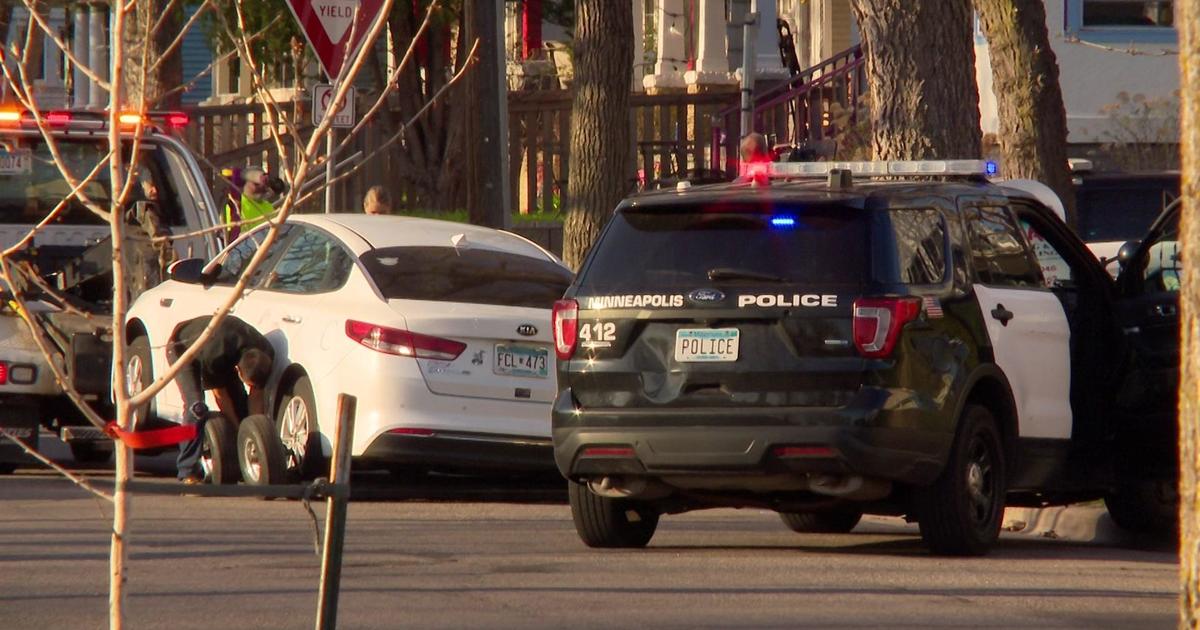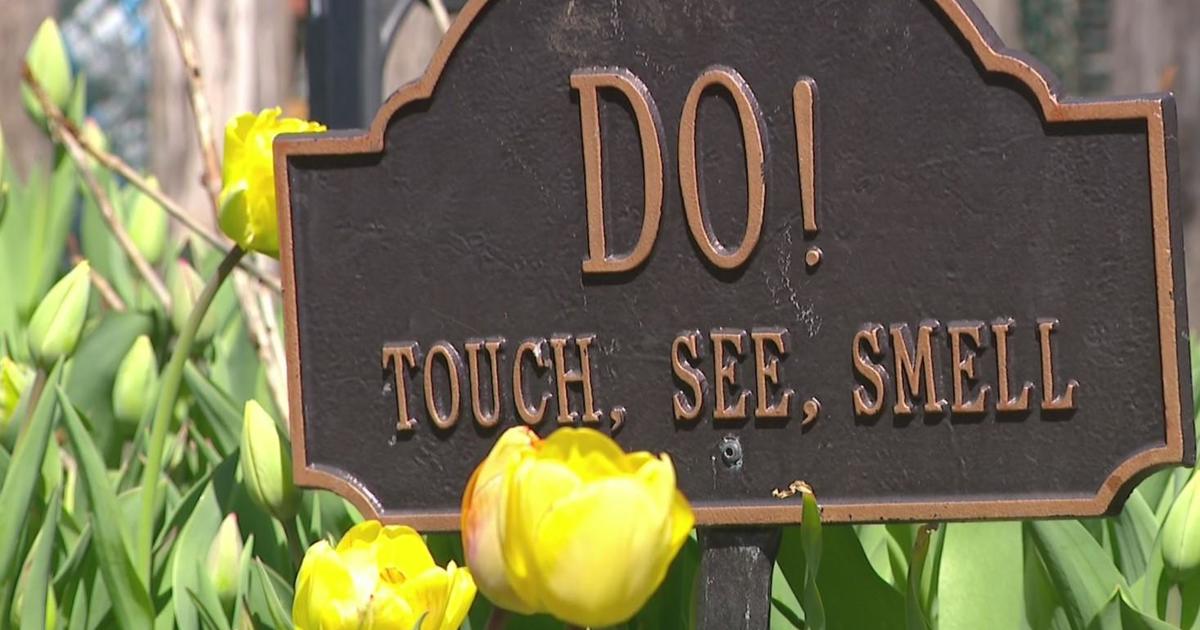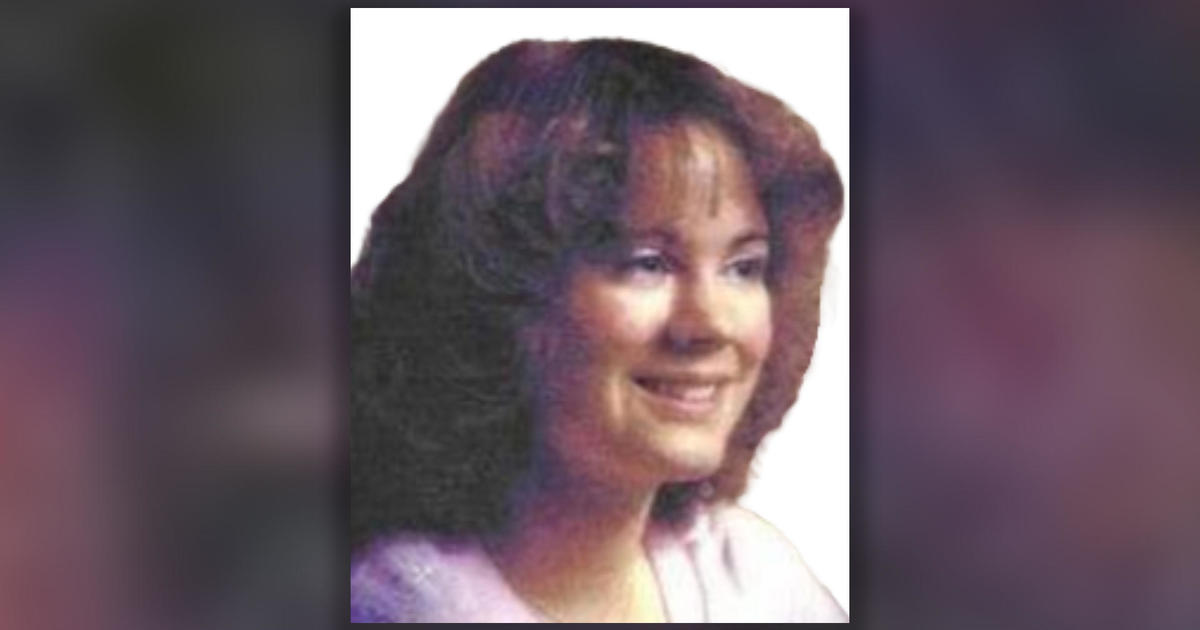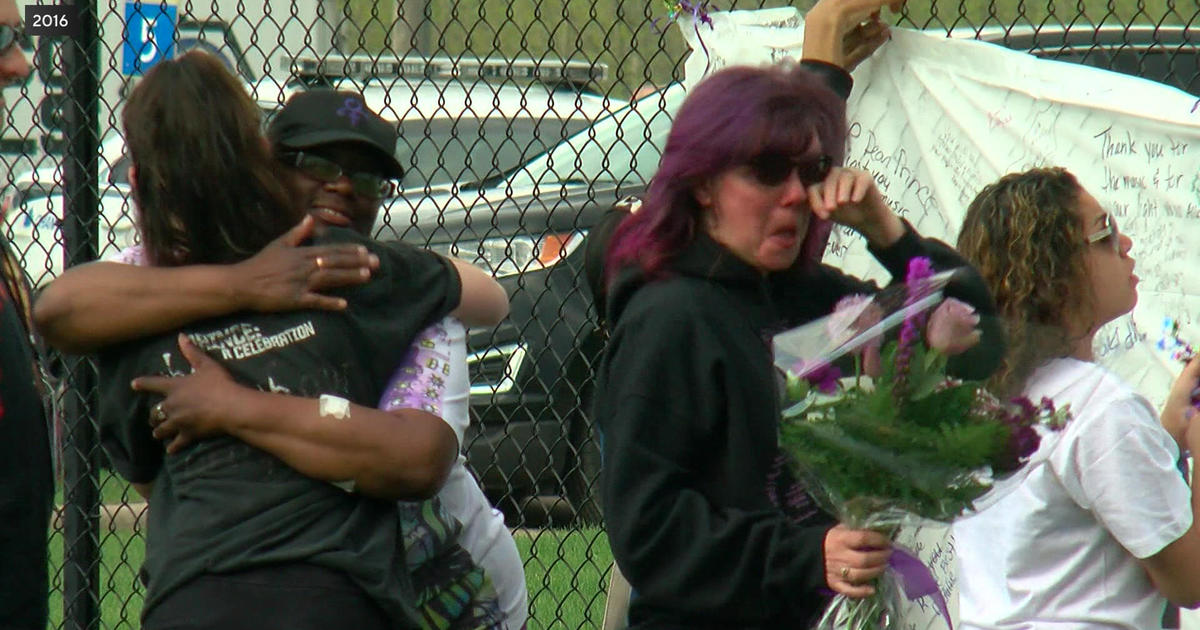Nuisance Data Reveals Racial Disparities In Arrests And Citations In Minneapolis
MINNEAPOLIS (WCCO) -- There has been a lot of talk about what policing should look like in Minneapolis following Election Day. The head of the Police Conduct Oversight Commission hopes to engage newly elected leaders to look at what is considered nuisance arrests and citations.
Abigail Cerra says the commission requested data to see who the misdemeanors most impact. The racial disparities found will be presented at next week's full meeting.
WCCO got an early look.
"We're looking specifically at nuisance misdemeanors," Cerra said.
Commissioner Cerra says these misdemeanors have been on the commission's radar for the last six months. Things like: loitering, public urination, disorderly conduct, possession of drug paraphernalia, and interference with traffic, like jaywalking.
"Can we do something different in that space, where there's not a safety concern, where other people are not in danger," Cerra said.
The commissioner enlisted the help of University of St. Thomas professor Manjeet Rege.
"I was asked to look at the data with respect to the race," Rege said.
The chair of Software and Data Science analyzed the data of 8,011 arrests and citations from Sept. of 2018 to 2020.
"In the city of Minneapolis you have 63% are white, 19% are Black. When I looked at these misdemeanors, I found about twice or thrice were Blacks involved compared to white," Rege said.
The majority were for interference with traffic. The overall breakdown of all offenses revealed 17% arrested or cited were white and 47% were Black. He notes 7% of people were homeless.
There are things the data can't tell us.
"What it cannot tell us is the underlying reasoning behind this racial disparity. But the data does give you the evidence to ask more questions," Rege said.
"In Minneapolis, we have unfortunately a lot of racial disparities in terms of prosperity," Rachel Moran said, a University of St. Thomas law professor.
Moran says someone who spends more time on the street is more likely to be cited or arrested for one of these misdemeanors.
"So you see the racial disparity there, so it's not necessarily overt or explicit racism," Moran said.
She does say a low-level arrest can have a life impact on things like a person's housing, job or public benefits.
"Fortunately or unfortunately, I don't think we stand out that much. What you see tragically is racial disparities playing out in misdemeanor crime enforcement in particular across the country," Moran said.
Cerra would like to make a change in Minneapolis. She hopes the data will open the door to talk about what can be done.
"I think there are ways to move forward that makes everyone better and safer and happier," Cerra said.
The data will be presented on Nov. 9th. See the agenda and how to watch here. Then the PCOC could provide recommendations to the mayor and city council.



